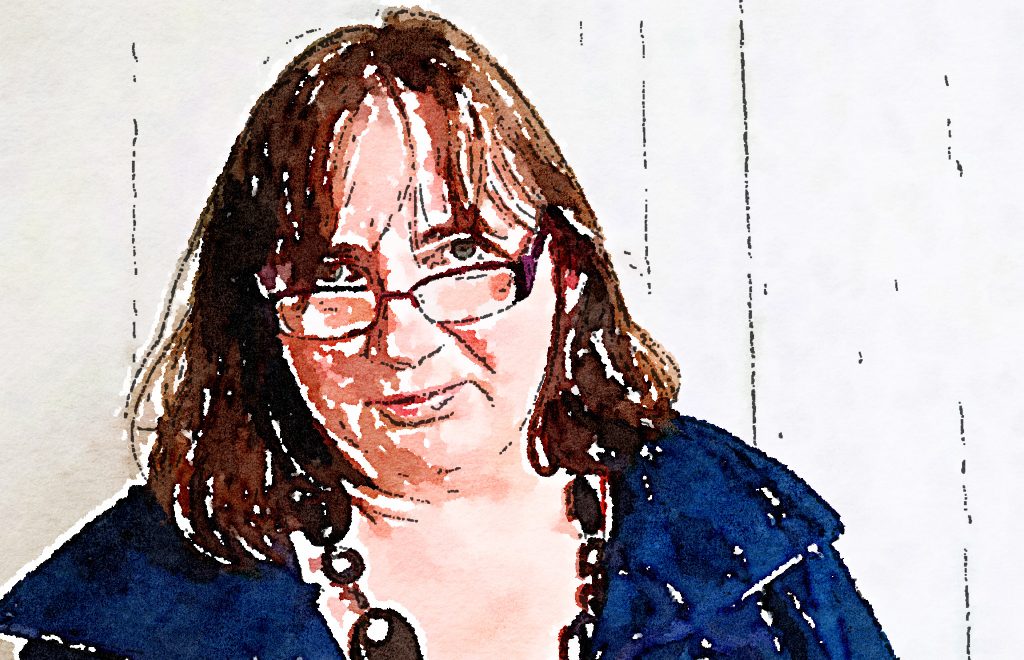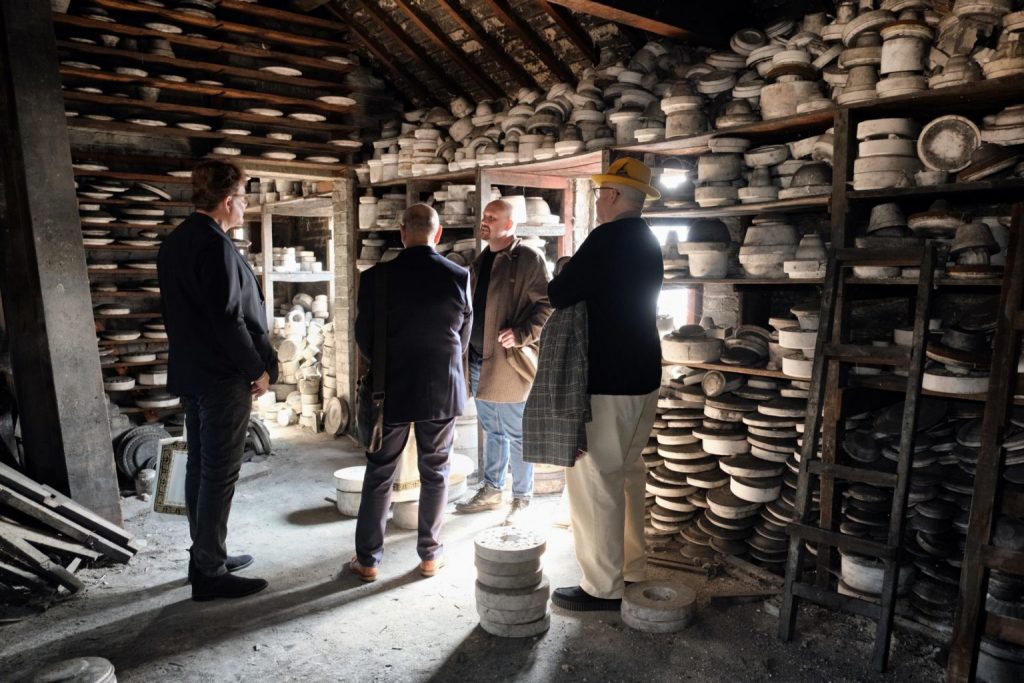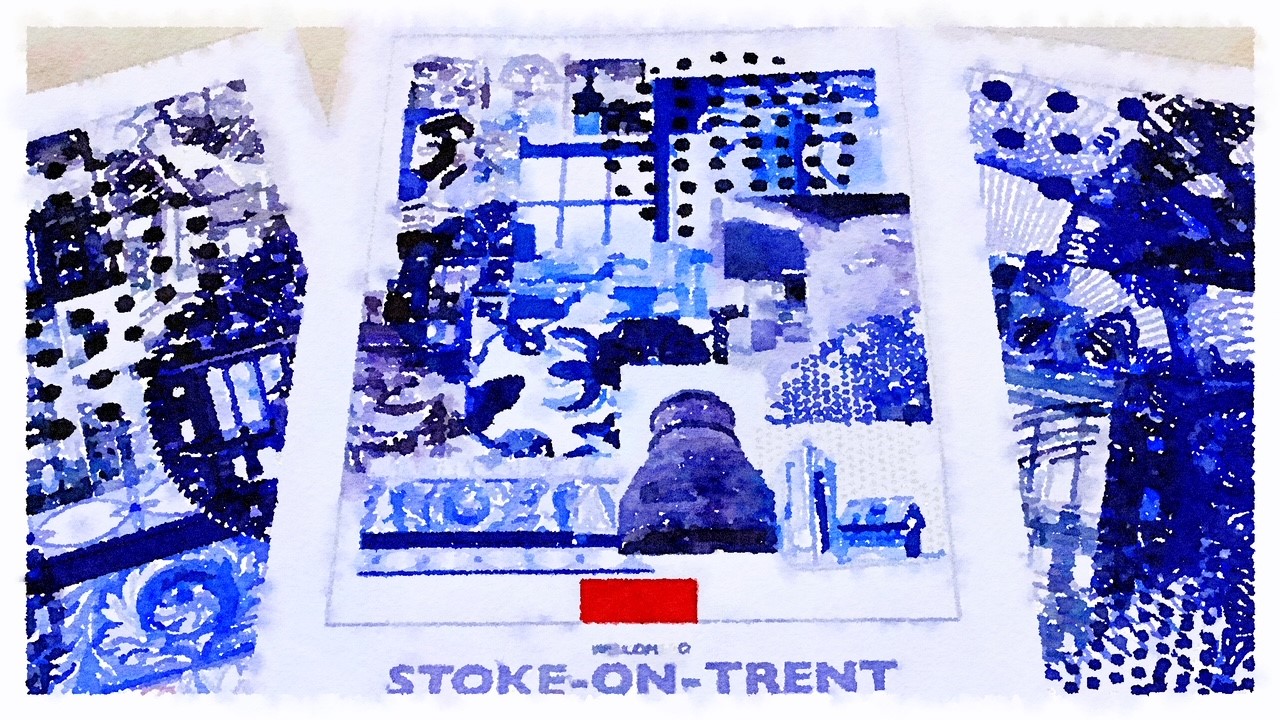At this year’s EPOD2025 in London in June, C3 Centre Co-Lead and Member, Professor Carola Boehm put forward a new defintion of what a podcast is:
“Podcasting is an audio-focussed cultural form that is constructed by social innovation in content production”
Below is a recording of a presentation Prof Carola Boehm, gave live in London. In the presentation, she focussed on the process of exploring the definitional boundaries of the term podcasting, drawing from the literature (Rime et al., 2022; McGregor, 2022; Chan-Olmsted & Wang, 2022; Smith et al., 2021) and her own current experimental ‘un-podcasting’ practice.
As she suggests, “this practice explores the still seldom-used music-talk show format available currently on only a few platforms, which incorporate legal music licensing. My ‘podcast’ – which some might suggest is not really a ‘podcast’ – includes music immersion with a reflective audio-narrative, recorded outside on various runs and provides audio-coached training guidance for ‘learning how to run’. It provides a follow-along, 6-week, return-to-running plan geared towards hypothyroid challenged runners that are in the process of building back up after a break.
The above rather un-snappy elevator pitch for my current experimental podcasting project (CBDB & Boehm, 2022–2024, 2025) expresses one example of the rich and creative opportunities within diverse podcasting practices enabled by different technologies or platforms, and as such, can represent an element of an ‘experimental lab’ in which – in my case – various cultural concepts are interrogated by a practice that pulls along new knowledge, new critical concepts and new conceptual frameworks for the intersections between education and training, entertainment and creative self-expression, personal but public learning journeys”.
This most recent and 4th podcast project of Boehm does not conform to the podcast definition that she herself set out at last year’s EPOD conference and which was – as she put it – outdated the moment it was written: “an audio-first show, made available in digital format via the internet through RSS feeds, stored in mp3, hosted on dedicated or shared or distributed server spaces” (Boehm, 2025). However, this project is an audio-first experience.
Considering the rise of conceptualising podcasting as a cultural phenomenon rather than a technologically enhanced medium, calling it a podcast could be argued to be the right way forward. However, pondering about the validity of what it is she created allowed her to unpick the accepted definitions and meanings, thus shining a light on the term, also signified by using the word of ‘un-podcasting’ in the title.
Using this current ‘un-podcasting’ practice as a case study, the presentation thus explored questions at the heart of this year’s theme of the EPOD Conference. First, it explored critical and conceptual frameworks to support the formation of a broader definition for the term ‘podcast’. Then it considered the tensions inherent in some explorative, personal learning journeys provided by or to a broader community, situating such podcasts between education, entertainment and music listening. Boehm argued for its potential of minding the gap between formal education and informal learning and how it bridges the different ways of listening from music immersion to guided audio-coached training. Practices like these thus could be understood to situate itself within either commercial, private or public use contexts.
The presentation made use of existing concepts, such as Sacco’s Culture 3.0 (Sacco et al., 2018) and the author’s University 3.0 (Boehm, 2022, chap.4) for unpicking some of the nuances around the above-described tensions.
As an outcome, she puts forward a new definition for the concept of ‘podcasting’, to ensure there is a definition that is inclusive of audio innovations and experiments of expanding innovative podcasting features .
She thus put forward a new definition: Podcasting is an audio-focussed cultural form that is constructed by social innovations in content production.
Links: Run/Listen with Carola at CBCB Runs https://www.mixcloud.com/CeeBeeDeeBee/







